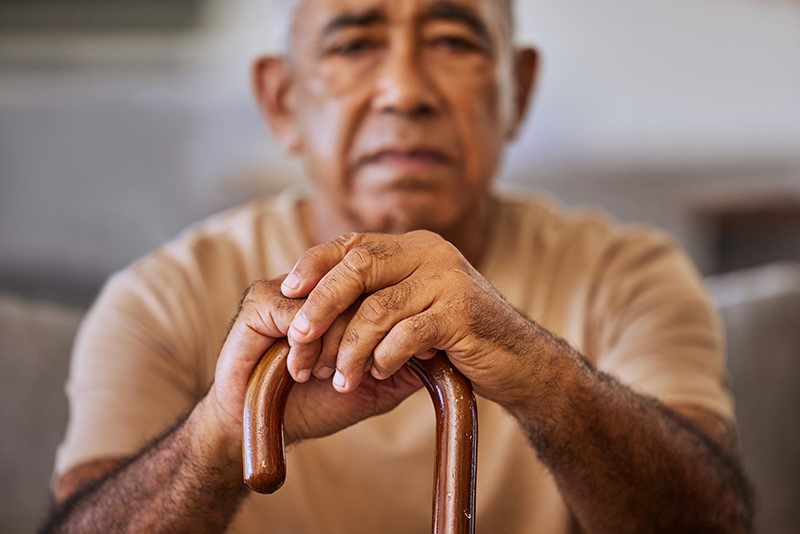It’s okay to occasionally forget the keys on the counter, especially as you’re growing older. Serious cognitive impairment due to Alzheimer’s is another matter entirely. There’s no cure for Alzheimer’s disease, but getting diagnosed early can have a positive impact on how you and your loved ones navigate life from then on. How is Alzheimer’s diagnosed? The process is complex and involves physical, neurological, cognitive, blood and lab tests, and more.
How Is Alzheimer’s Diagnosed?
Alzheimer’s disease is not easy to diagnose because there can be a large number of things that impact your memory, mood, and behavior. If you are concerned that you or a loved one may be showing symptoms of Alzheimer’s, talk to your primary care physician as early as possible and find out if that doctor feels comfortable diagnosing Alzheimer’s.
The process of getting an Alzheimer’s diagnosis may involve:
- A physical exam
- An evaluation of your mental status
- A neurological exam to investigate signs of stroke, tumors, and more
- Laboratory and other diagnostics such as CT, MRI, and more
- Psychological and psychiatric exams to rule out depression and other mental illness
- A full review of your medical history, family history, and current and past medications

What Type of Doctor Diagnoses Alzheimer’s?
Not every doctor will feel comfortable performing a test for Alzheimer’s. Depending on their knowledge and confidence, your primary care doctor may want to oversee the process of diagnosing you or your loved one with Alzheimer’s. Your doctor may also refer you to a specialist, especially if your symptoms appeared before you turned 65. These specialists might include any of the following people:
- Geriatrician
- Neurologist
- Psychologist
- Psychiatrist
- Genetic counselor
What Are the 4 A’s of Alzheimer’s Symptoms?
Watching or experiencing cognitive and functional decline can be overwhelming and very emotional. It can help to understand the four A’s of Alzheimer’s symptoms. They are:
- Amnesia – refers to short and long-term memory loss
- Aphasia – losing the ability to express and understand speech
- Agnosia – inability to process sensory information of taste, smell, sight, sound, and touch
- Apraxia – decline of motor skills that allow the body to function correctly
What Can You Do After Getting an Alzheimer’s Diagnosis?
Getting an Alzheimer’s diagnosis is not the end of the line. There is much that you and your family can do to understand and navigate life with the disease, such as exploring occupational therapy. Make sure you discuss your prognosis in detail with your doctor to find out how advanced your condition is and what you can expect in the future. You must return to your doctor or a specialist every six months to monitor the disease.
While the realities of how Alzheimer’s is diagnosed may seem intimidating, it shouldn’t deter you from seeking an answer. An early Alzheimer’s diagnosis can help you and your loved ones plan for the future. It will give you time to prepare your financial and legal documents, set up care plans, adjust your home or living facility to be safer, and build a strong support network among friends, family, and physicians.
If you and your loved ones want to discuss professional memory care at a safe and welcoming facility, contact Elder Care Alliance today for a free care assessment.




















